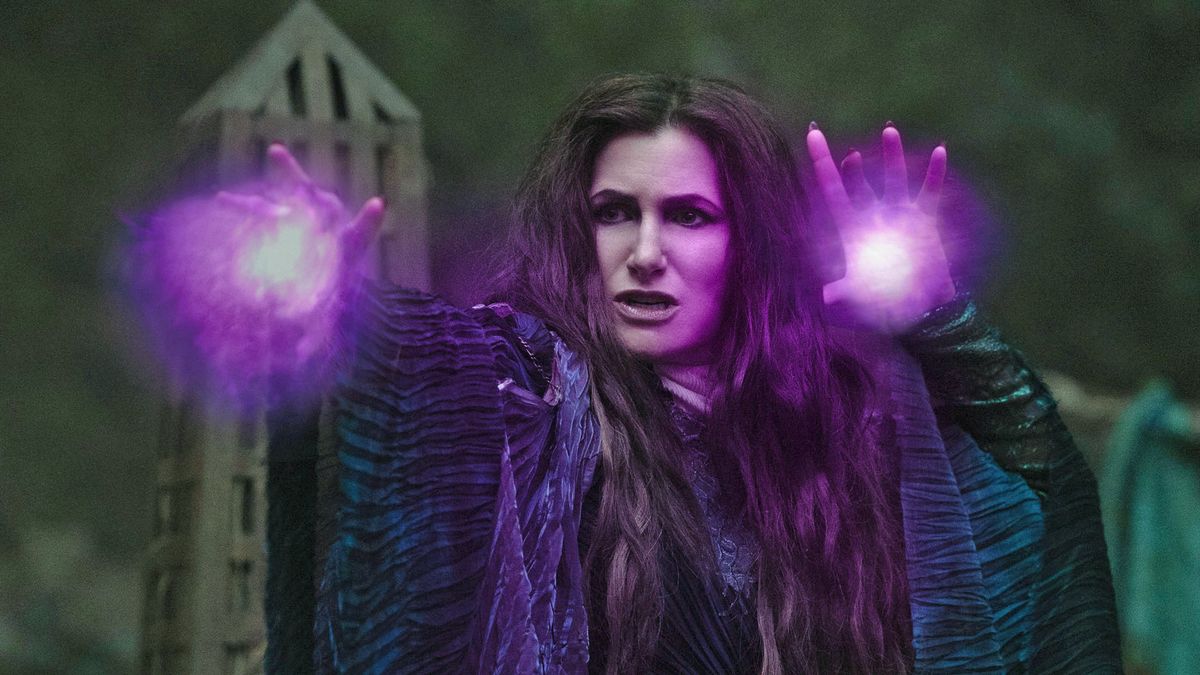Serving tech enthusiasts for over 25 years.
TechSpot means tech analysis and advice you can trust.
What just happened? The Internet Archive has spent four years embroiled in a legal battle with major publishers over its practice of lending digital copies of books for free without paying licensing fees. Many fear the recent court decision favoring the publishers will seriously threaten the largest archive of literature, movies, music, books, video games, software, and websites.
Judges representing the Second Circuit Court of Appeals have ruled that the Internet Archive's (IA) practice of lending digital copies of books without licensing fees is not fair use. The decision is a major victory for the publishers that sued the IA and ensures the removal of half a million books from the site.
Founded by Brewster Kahle in 1996, the Internet Archive is widely known as a non-profit repository of free books, movies, music, software, and other materials. For example, the site recently began hosting recordings of a 1980s radio show covering early computer technology, making it widely available for the first time in years.

However, publishers sued the IA in 2020 over its Controlled Digital Lending (CDL) system which enables users to borrow digital copies of books that the organization purchased. The number of users who can simultaneously check out a book is limited to the number of copies the IA owns. The group temporarily relaxed this restriction during the pandemic.
Many conventional libraries offer similar services after paying licensing fees to publishers, but the IA claims that licensing is prohibitively expensive for many libraries. The organization claims that, without free lending, much of its material would be inaccessible to low-income audiences or those without easy access to libraries. Because of the lawsuit, those users have lost access to over 500,000 books.
The fair use defense argued that CDL provided a transformative experience through its searchable materials, which did not compete with traditional book sales. However, the judges disagreed on all counts.
In a 64-page opinion, they wrote that the fair use doctrine that protects searchable databases assembled from nonfiction material doesn't apply to the IA because it redistributes its books in their entirety instead of simply pulling information from them. Furthermore, the judges determined that reading a book through the IA closely resembled a traditional purchase, so the two occupied the same market.
A change.org petition from IA supporters urging the publishers to reconsider their position has reached almost 92,000 signatures.





/cdn.vox-cdn.com/uploads/chorus_asset/file/25242409/20230608_Palworld_Screenshot_02.png)



 English (US) ·
English (US) ·